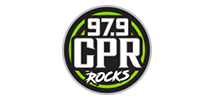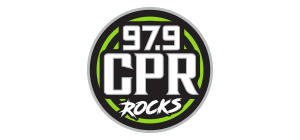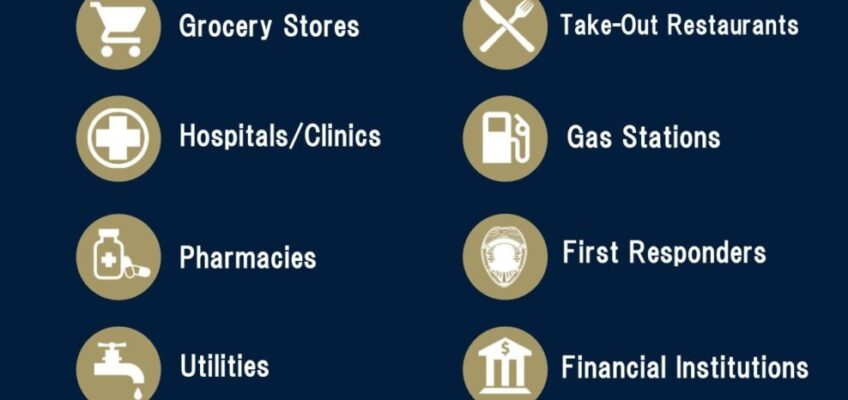A statewide “shelter-in-place” order has been issued by Governor Tate Reeves, effectively placing the state on lockdown with the exception of essential businesses. So, which businesses fall into that category?
A recent executive order signed by the Governor provided a detailed answer which is nicely summarized in a graph created by MEMA, but the full list is much more expansive and can be seen below.

- Essential Government functions including public safety and first responders, law enforcement, fire prevention and response, courts and court personnel, military, emergency management personnel, corrections, probation and parole, child protection, child welfare, EMTs, 911 call center employees, all workers and vendors that support law enforcement and emergency management operations and services;
- Essential healthcare operations including hospitals/clinics, research and laboratory operations, nursing homes, residential health care facilities, congregate care facilities, assisted living facilities, elder care, medical wholesale and distribution, home health workers and aides, medical supply and equipment manufacturers and providers, medical waste disposal, hazardous waste disposal, other ancillary healthcare services;
- Essential infrastructure including utilities including power generation, nuclear facilities, utility poles and components, fuel and transmission, petroleum producers, suppliers and distributors, supply chain companies, telecommunications, electronic security and life safety services, wireless communication, communications sales and customer support, telecommunication and data centers, cybersecurity operations, flood control, operation of dams, aviation, airports, ports, roads and highways, mass transit, automotive sales and repair, vehicle rental services, taxi and network providers (such as Uber and Lyft), freight and passenger rail, pipelines, transportation infrastructure, public water and waste water, hazardous waste disposal, hotels and commercial lodging services;
- Manufacturing including food processing and production, pharmaceuticals, food additives, medical equipment, medical devices and supplies, technology, biotechnology, chemical products, telecommunications products, automotive production and suppliers, healthcare, energy, steel and steel products, fuel and petroleum exploration and production, lubricants, greases and engine oils, mining, national defense, sanitary and cleaning products, household products, personal care products, products used by any other Essential Business or Operation;
- Agriculture and farms including food cultivation, livestock, cattle, poultry and seafood operations, livestock auctions, feedlots, dealers and brokers of livestock, livestock transporters, farmer’s markets, feed stores, repair of agricultural equipment, gas, diesel and petroleum suppliers, aquaculture, horticulture, chemicals including pesticides, herbicides and fertilizer producers and distributors, forest products businesses, including those involved in forestry operations, logging, manufacture of lumber and paper products, meat processing facilities, rendering facilities and transporters, feed processing facilities, veterinary services;
- Essential retail including all supermarkets, food and beverage stores, food providers, convenience stores, pharmacies, hardware and building materials, gas stations, restaurants or bars (but only to the extent that (1) not more than 10 people are gathered in such restaurants or bars in a single space at the same time where individuals are in seated or otherwise in close proximity to each other or (2) for curb side pick-up, carryout or delivery);
- Essential services including trash collection, mail and shipping services, home repair, automotive sales and repair, warehouse, distribution and fulfillment centers, laundromats/laundry service;
- Media including newspapers, digital news sites, television, radio and other media services;
- Education including educators supporting public and private K-12 schools, colleges and universities, educational institutions, for purposes of facilitating distance learning, performing critical research or other essential functions including public schools preparing and transporting free and reduced meals to eligible students within their respective districts (this Executive Order is consistent with and does not amend or supersede Executive Order No. 1460 regarding public schools);
- Financial services including banks and related financial institutions, insurance, payroll, accounting, processing financial transactions, services related to financial markets;
- Professional services including legal services, accounting services, insurance services, real estate services (including appraisal and title services);
- Providers of basic necessities to economically disadvantaged populations including businesses, religious and secular non-profit organizations, food banks, foster care, homeless shelters and congregate care facilities;
- Construction and construction related services including building and construction, lumber, building materials and hardware, electricians, plumbers, exterminators, cleaning and janitorial, HVACR and water heating industry, painting, moving and relocating services, other skilled trades, and other related construction firms and professionals for maintaining essential infrastructure;
- Essential services necessary to maintain the safety, sanitation and essential operations of residences and essential businesses and essential business operations, including law enforcement, fire prevention and response, firearm and ammunition manufacturers and retailers, building code enforcement, security, emergency management and response, building cleaning including disinfection, automotive sales and repair, mortuaries and cemeteries;
- Defense Industrial Base including employers and personnel who support the essential products and services required to meet national security commitments to the Federal Government and the U. S. Military, including personnel working for companies and their subcontractors, who perform under contract to the Department of Defense providing materials and services to the Department of Defense and government-owned/contractor operated and government-owned/government-operated
- Vendors that provide essential services or products, including logistics and technology support, child care programs and services, medical waste disposal, hazardous waste disposal, services needed to ensure the continuing operation of Essential Business or Operation, operation of government agencies, and to provide for the health, safety and welfare of the public;
- Religious entities including religious and faith-based facilities, entities and groups, religious gatherings provided that they adhere to the CDC and the Mississippi Department of Health recommendations and guidance to prevent the spread of COVID-19;
- Categories of workers and related industries identified by the U.S. Department of Homeland Security, Cybersecurity & Infrastructure Security Agency (CISA) in its “Memorandum on Identification of Essential Critical Infrastructure Workers During COVID-19 Response” https://www.gov/identifying–critical-in:frastructure–during-covid–19 as it may be amended,.
The post Shelter-In-Place Order: Which businesses are defined as essential? appeared first on News Mississippi.




